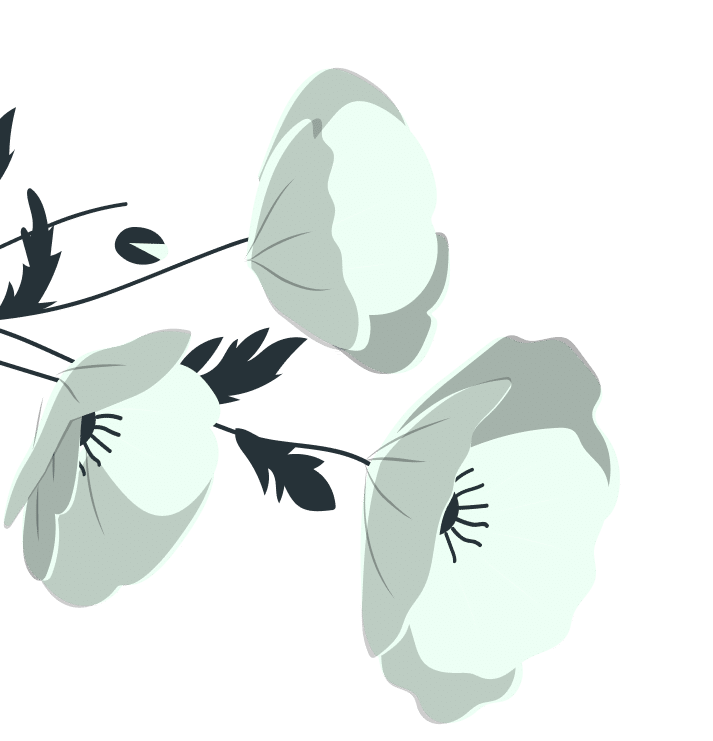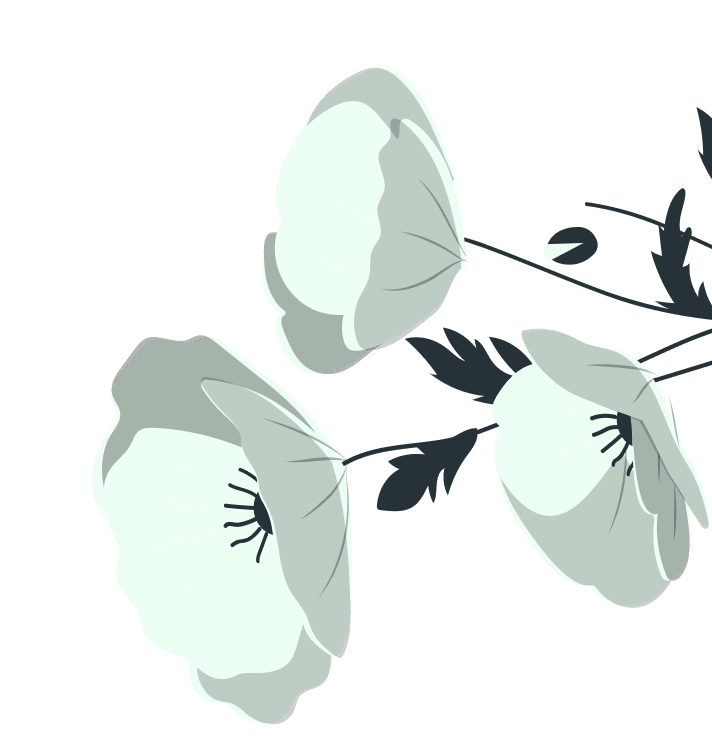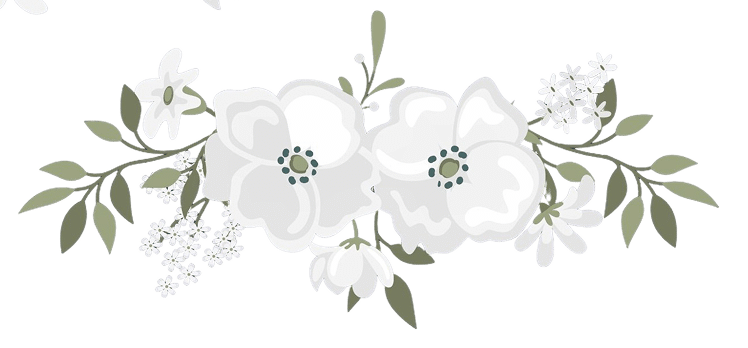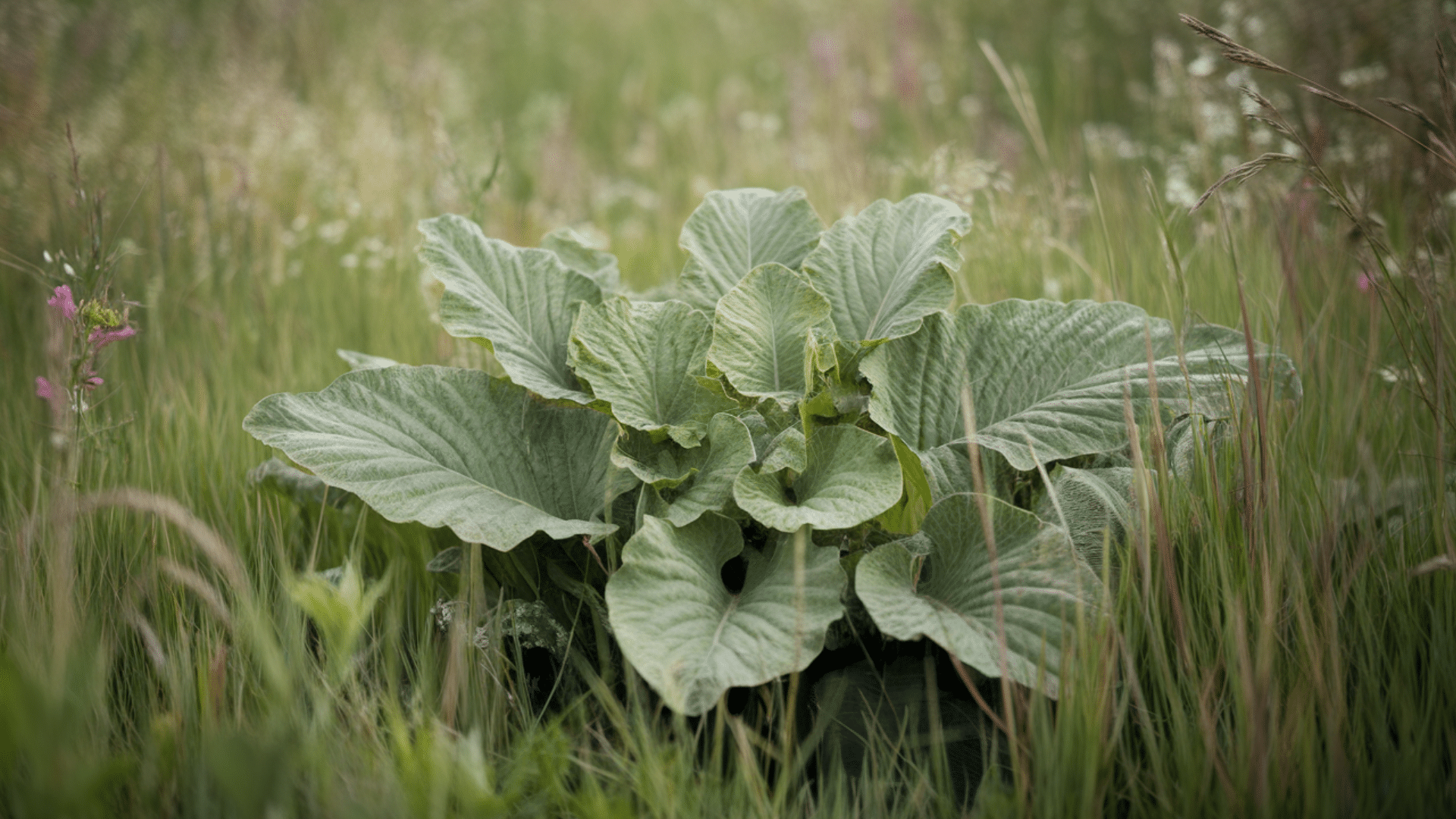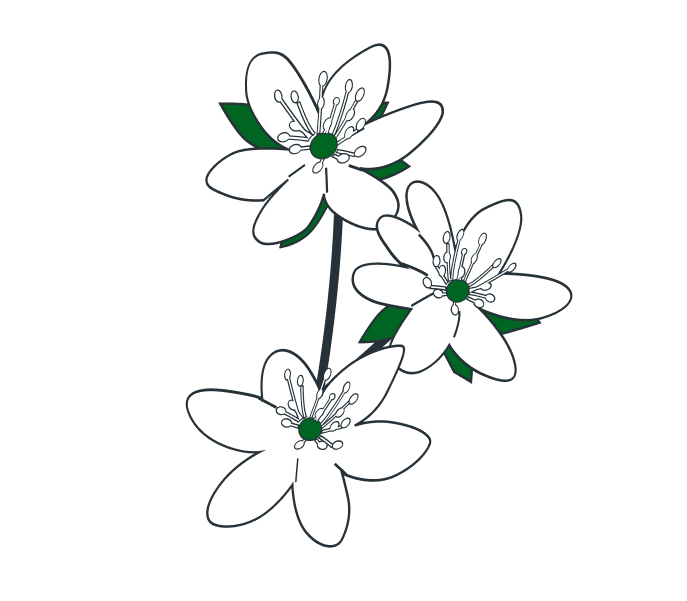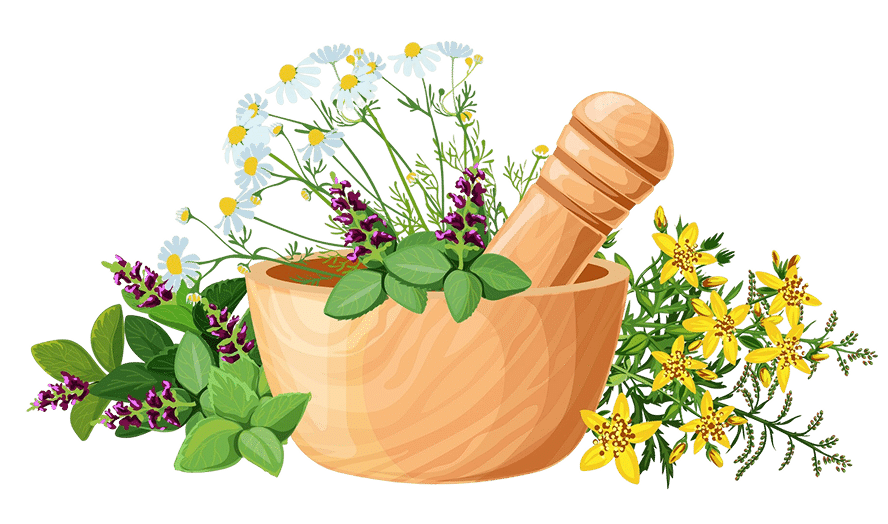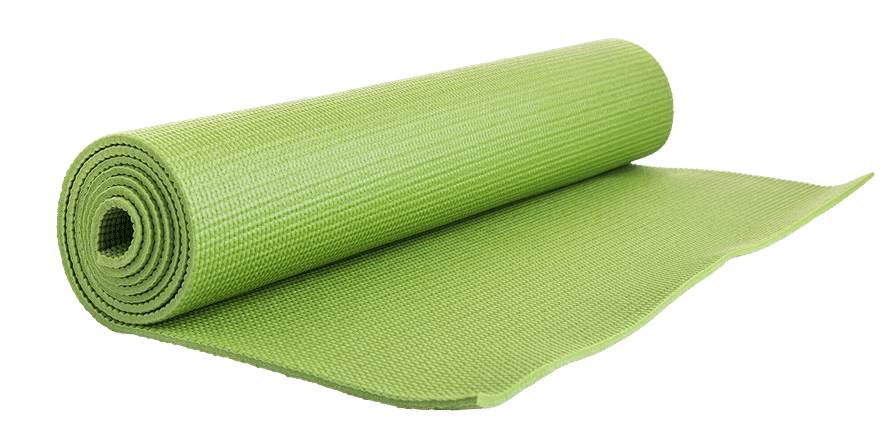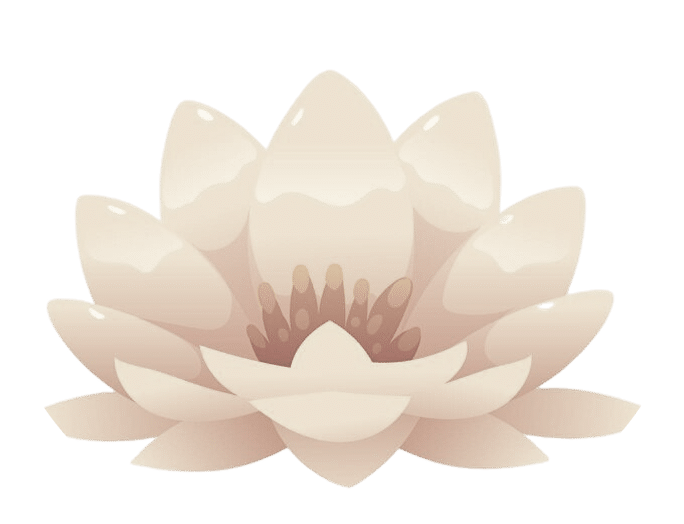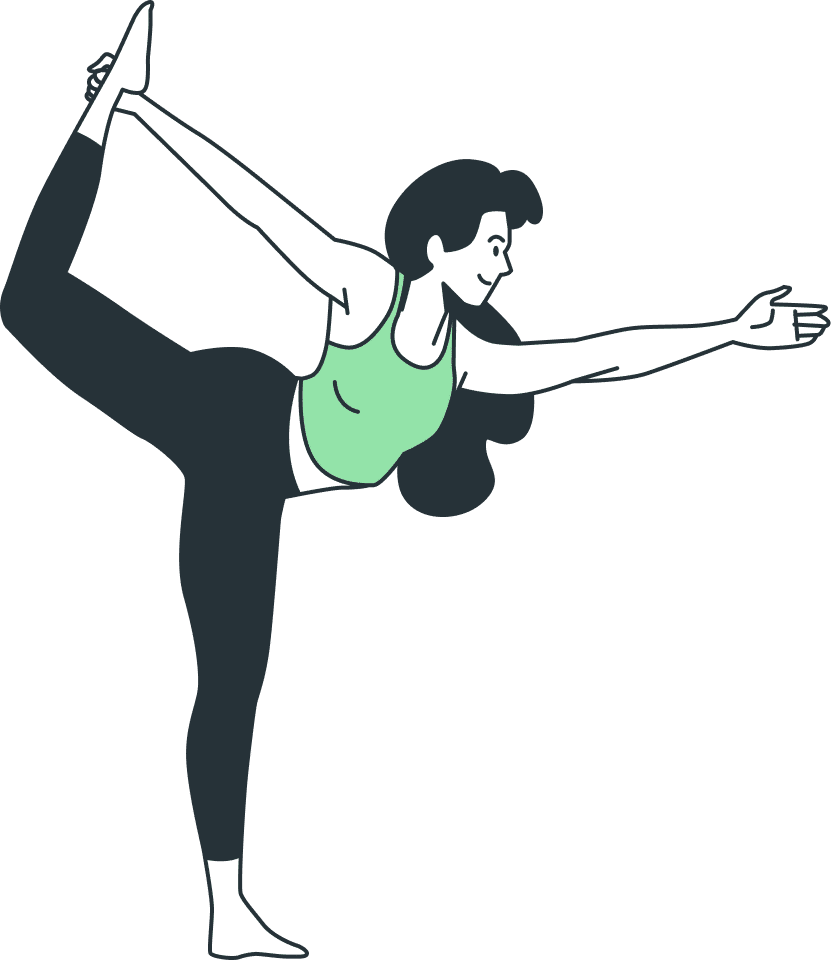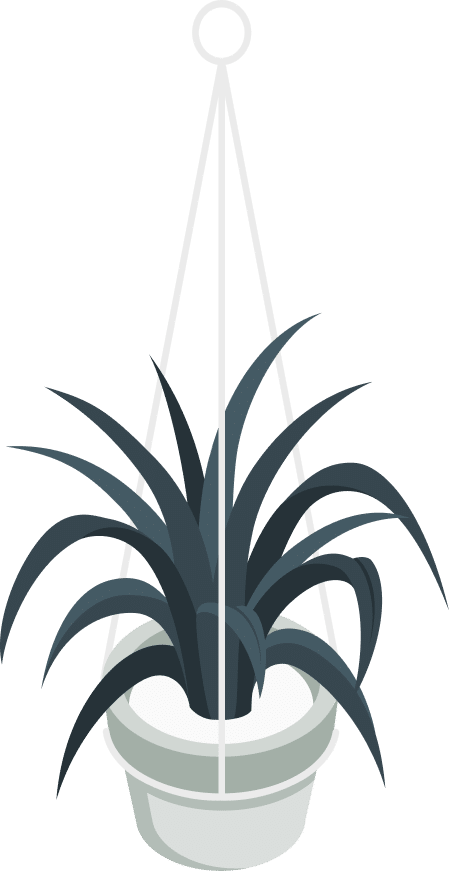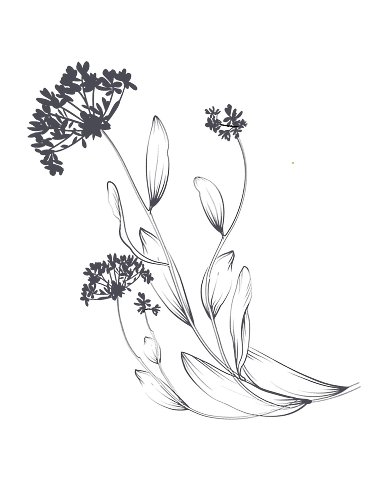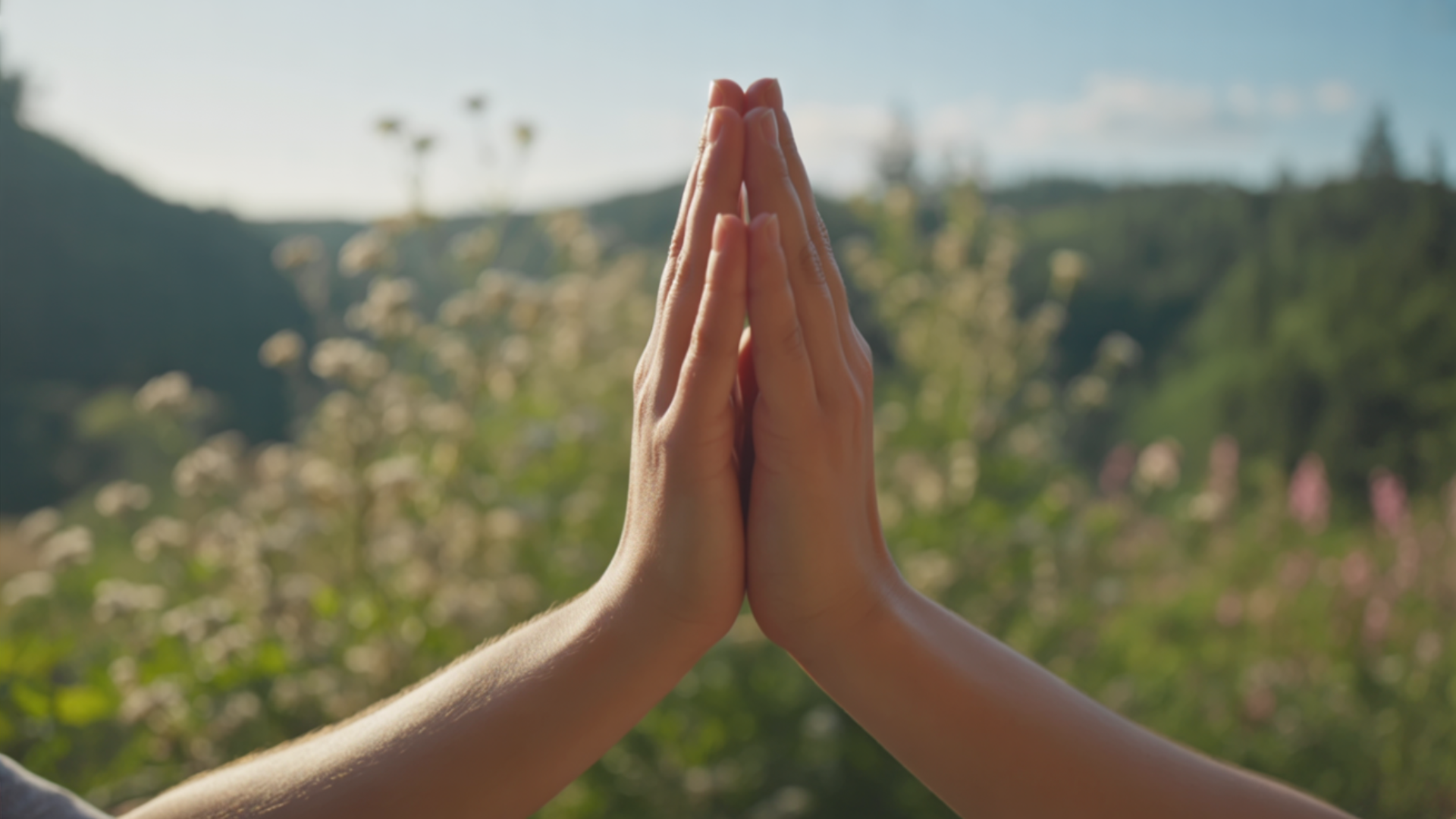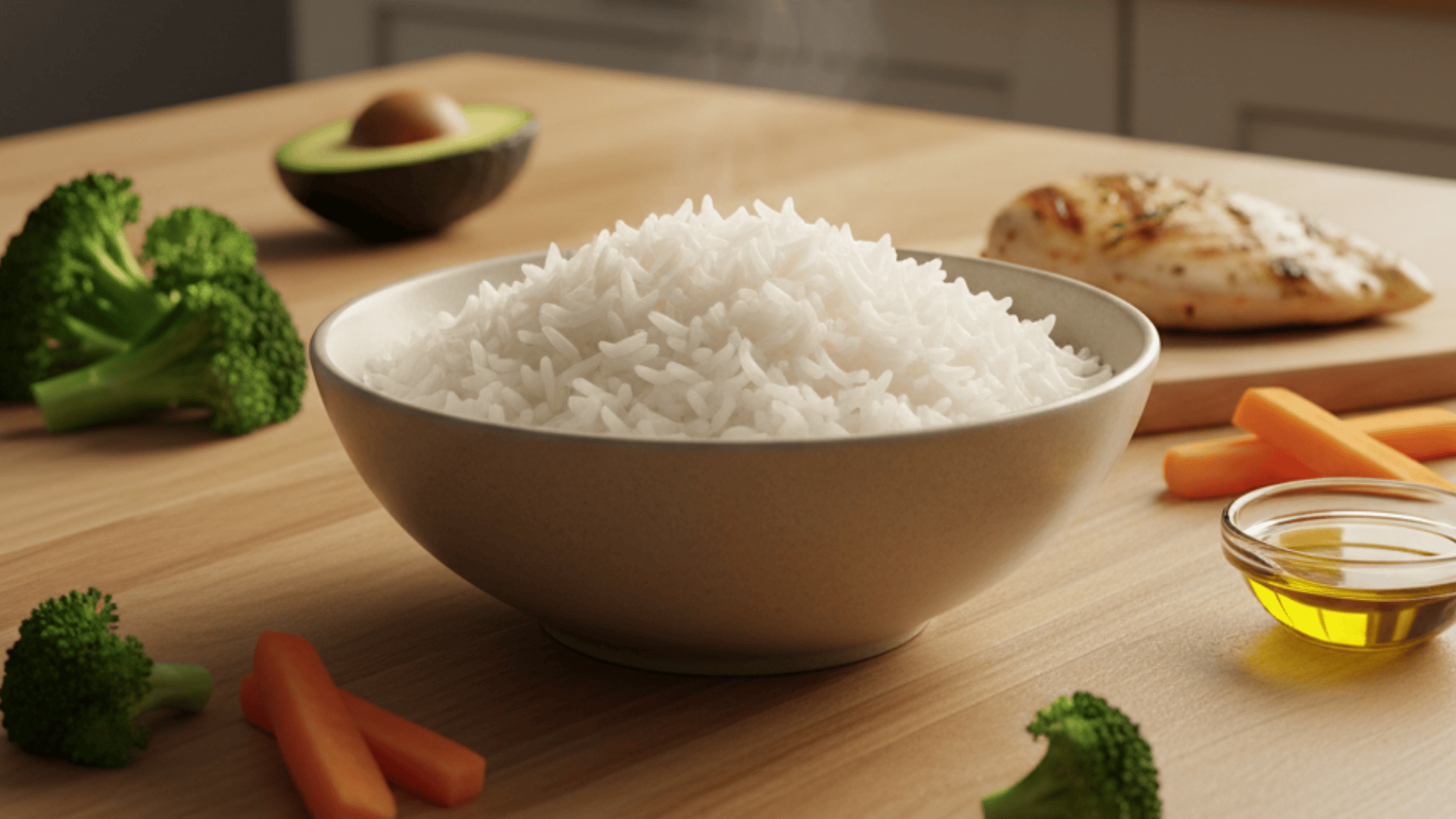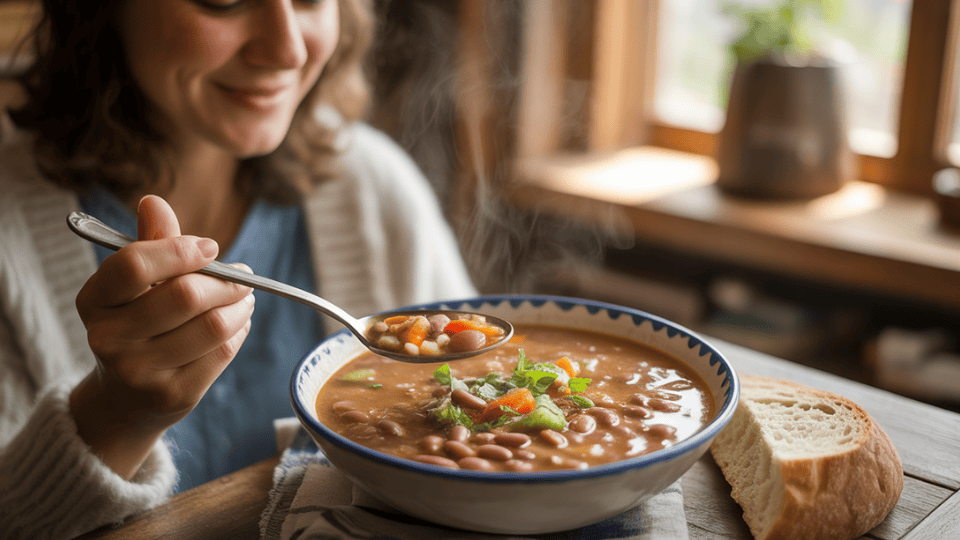Plantain leaves may be one of nature’s best-kept secrets. Used for centuries in traditional medicine, these leaves are packed with benefits for your body and skin.
Lately, they’ve gained popularity for their ability to help with digestive issues, soothe skin problems, and even promote hair health.
I’ll break down the various plantain leaf benefits, covering everything from how they can improve your digestion to their use in wound healing. I’ll also touch on the potential risks and side effects to ensure you use them safely.
Ready to learn how plantain leaves can improve your health? Let’s begin.
What are Plantain Leaves?
Plantain leaves are the leaves of the plant Plantago major, commonly found in gardens and wild areas around the world. Despite being called “plantains,” they are entirely different from the banana-like fruit.
Known for their broad, oval-shaped leaves, they are often used in herbal medicine. Broadleaf plantain is the most commonly used variety, but other types, such as narrowleaf and blackseed plantains, also have medicinal value.
These leaves are edible and rich in nutrients, including antioxidants, vitamins, and minerals, making them valuable for both food and medicinal purposes.
Plantain Leaves Benefits: Health and Nutrition
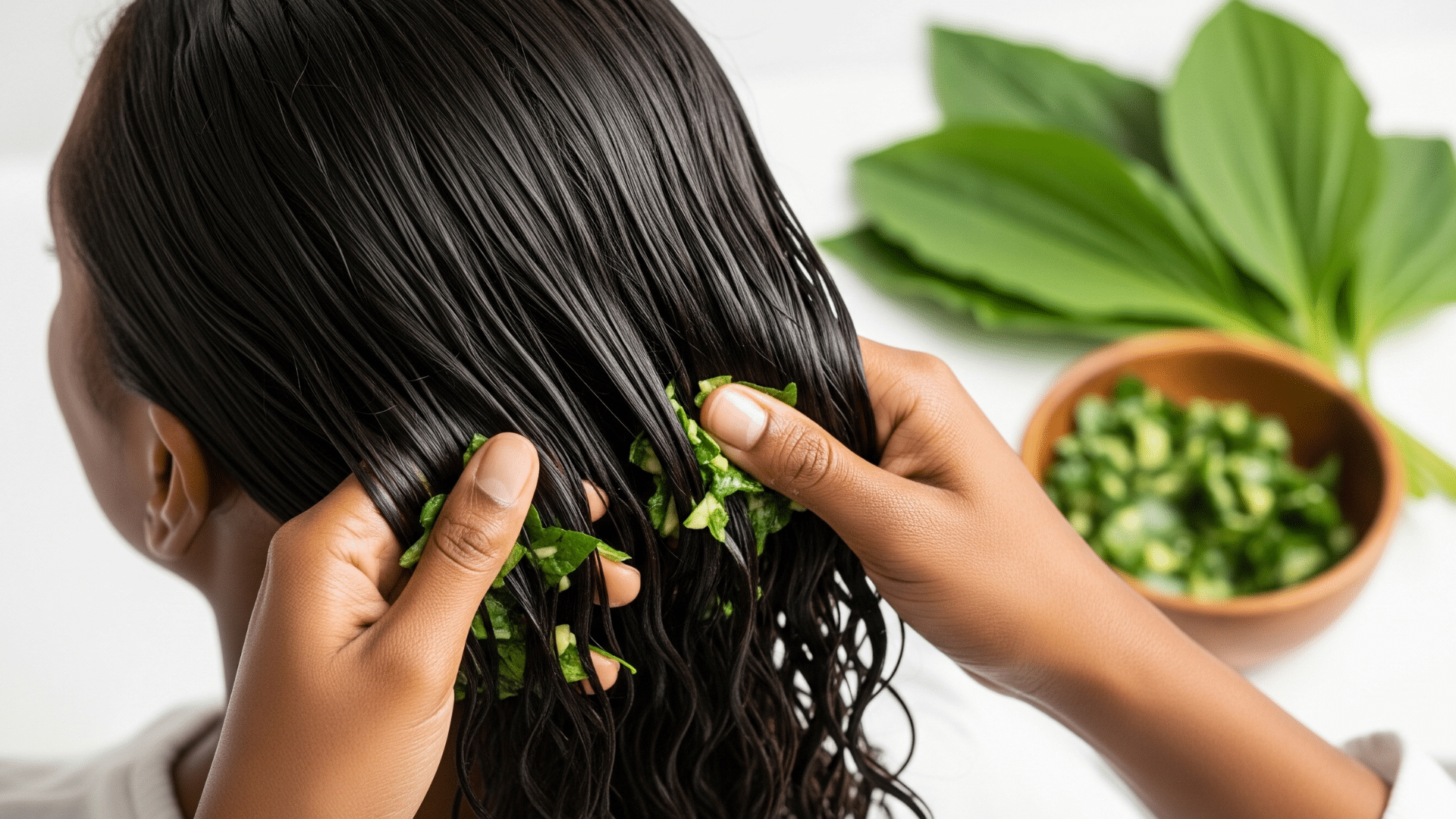
Plantain leaves offer a wide range of health benefits thanks to their rich nutritional profile and medicinal properties:
1. Packed with Vitamins
Plantain leaves are rich in vitamins A, C, and K. These nutrients strengthen your immune system, support skin repair, and help build strong bones.
They also aid in wound healing, improve vision, and enhance your body’s natural defense against illness, making them essential for overall health.
2. Flavonoids for Antioxidant Support
Flavonoids are powerful antioxidants found in plantain leaves. They help protect your body from free radical damage, lowering the risk of heart disease and cancer.
Regular consumption may also slow the aging process, improve cellular health, and reduce oxidative stress caused by poor diet, pollution, or other environmental factors.
3. Powerful Phytochemicals
Plantain leaves contain terpenoids, tannins, and glycosides. These phytochemicals offer anti-inflammatory, antimicrobial, and cleansing effects.
They support your body’s immune response, help eliminate toxins, and reduce swelling in tissues.
Together, they promote healing and maintain a balanced internal environment, especially when used consistently in natural remedies.
4. Wound Healing Properties
The leaves contain allantoin and antimicrobial agents that encourage cell regeneration and fight infection.
Applying crushed plantain leaves directly to wounds, burns, or bites helps soothe pain, reduce redness, and speed up healing.
This makes them a dependable, chemical-free option for treating minor skin injuries at home.
5. Digestive Support
Plantain leaves contain mucilage, a gel-like substance that coats and calms the digestive tract. It can help relieve heartburn, indigestion, and ulcers by forming a soothing layer over irritated tissue.
Drinking plantain tea or consuming it in tincture form may help restore digestive comfort and reduce inflammation in your gut.
6. Anti-Inflammatory Effects
The anti-inflammatory compounds in plantain leaves can help reduce swelling and pain in joints or soft tissue.
This is especially helpful for people dealing with arthritis, skin irritation, or mild respiratory inflammation. Use as a tea or poultice for a natural way to ease discomfort and support recovery.
7. Natural Antioxidant Protection
Plantain leaves offer a natural shield against oxidative stress, which can damage cells and accelerate aging.
The antioxidants they provide help protect your body from harmful external factors like stress, toxins, and pollution.
This protection supports healthier skin, a stronger immune system, and long-term cellular function.
8. Detoxifying and Diuretic
Plantain leaves work as a gentle diuretic, encouraging the body to flush out excess water and toxins.
This helps cleanse your kidneys and bladder and may reduce bloating or water retention. Drinking plantain tea regularly supports natural detox pathways without harsh chemicals or additives.
9. Hair and Scalp Health
The antimicrobial and anti-inflammatory properties in plantain leaves can improve scalp health. Using plantain infusions may help reduce dandruff, itching, and mild scalp infections.
With regular use, it may also support stronger hair growth by calming inflammation and improving circulation around hair follicles.
10. Topical Skin Treatment
Fresh plantain leaves or poultices can be applied to bug bites, rashes, minor cuts, and burns. Their natural healing properties ease pain, reduce swelling, and fight infection.
The leaves are especially helpful for soothing irritated skin without synthetic products, making them ideal for those with sensitive skin.
11. Plantain Tea or Tinctures
Plantain leaf tea or tinctures offer internal support by calming inflammation and soothing the digestive system. They’re often used for mild stomach issues like bloating, cramps, or indigestion.
These preparations also aid in gentle detoxification, making them useful for those seeking a natural remedy for gut health.
12. Laxative Benefits from Seeds
Seeds from narrowleaf plantain act as a mild natural laxative. Like psyllium husk, they add bulk to stool and help regulate bowel movements.
This makes them useful for relieving occasional constipation and promoting smoother digestion, especially when paired with a fiber-rich diet and plenty of fluids.
How to Use Plantain Leaves
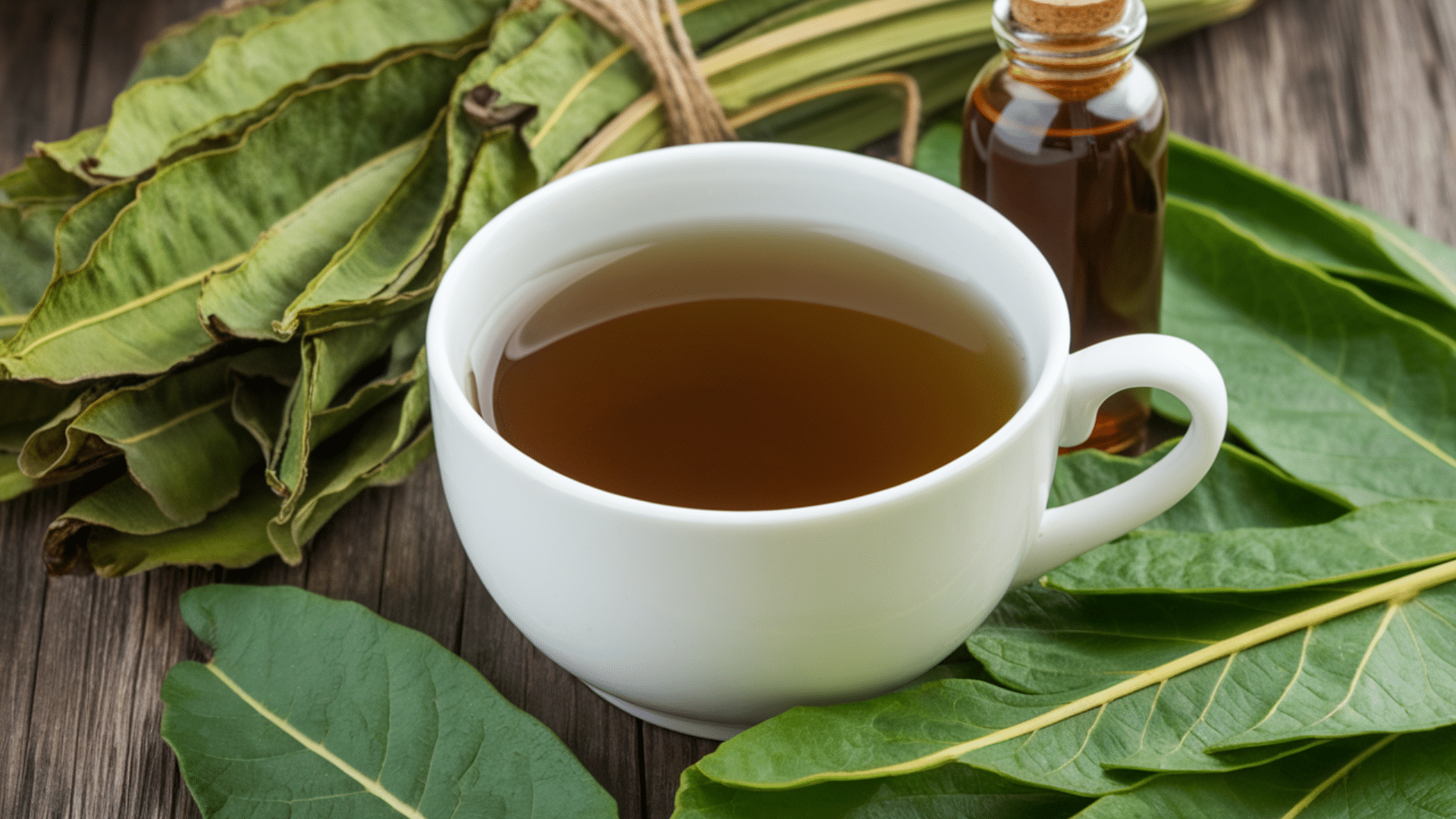
Plantain leaves are a powerful natural remedy with many uses.
You can drink plantain leaf tea by steeping 3–4 grams of dried leaves in hot water for 3–5 minutes. Drink up to three cups daily to support digestion, ease inflammation, and help with detoxification.
For skin care, crush fresh leaves and apply the juice to wounds, bites, or rashes to help soothe and heal.
To ease pain and swelling, make a poultice from crushed leaves and place it on sore muscles or joints.
You can also make plantain-infused oil by soaking dried leaves in olive or coconut oil for a few weeks. Use this on dry skin, minor wounds, or the scalp to reduce dandruff and help skin repair.
Plantain has been used by indigenous cultures, African healers, and European herbalists for centuries. Adding it to your routine is an easy way to support natural healing and wellness.
Potential Side Effects and Risks of Plantain Leaves
While plantain leaves are generally safe for most people, there are a few potential side effects and risks to consider:
- Digestive Issues: Some individuals may experience nausea, bloating, or stomach discomfort, particularly with high doses of tea or supplements.
- Allergic Reactions: Rare symptoms include itching, rashes, or breathing trouble. Stop using and see a doctor if these symptoms occur.
- Contraindications: Avoid during pregnancy or breastfeeding. Individuals with heart conditions or low blood pressure should consult a doctor.
- Medication Interactions: May affect the effectiveness of blood thinners or diabetes medications. Always check with a healthcare provider first.
Always start with small doses and gradually increase if needed, ensuring you monitor your body’s response.
Conclusion
Plantain leaves offer a variety of health benefits, from easing digestive issues to promoting skin healing and reducing inflammation. These leaves have been used for centuries and are now gaining popularity for their natural medicinal properties.
However, it’s important to use them responsibly. Always consult a healthcare provider before incorporating plantain leaves into your routine, especially if you have an existing health condition or are taking medication.
By doing so, you can safely enjoy their many benefits. Have you used plantain leaves before? Share your experiences in the comments! For more insights on natural remedies, keep reading my other blogs. I’m here to guide you through the world of herbal healing.
